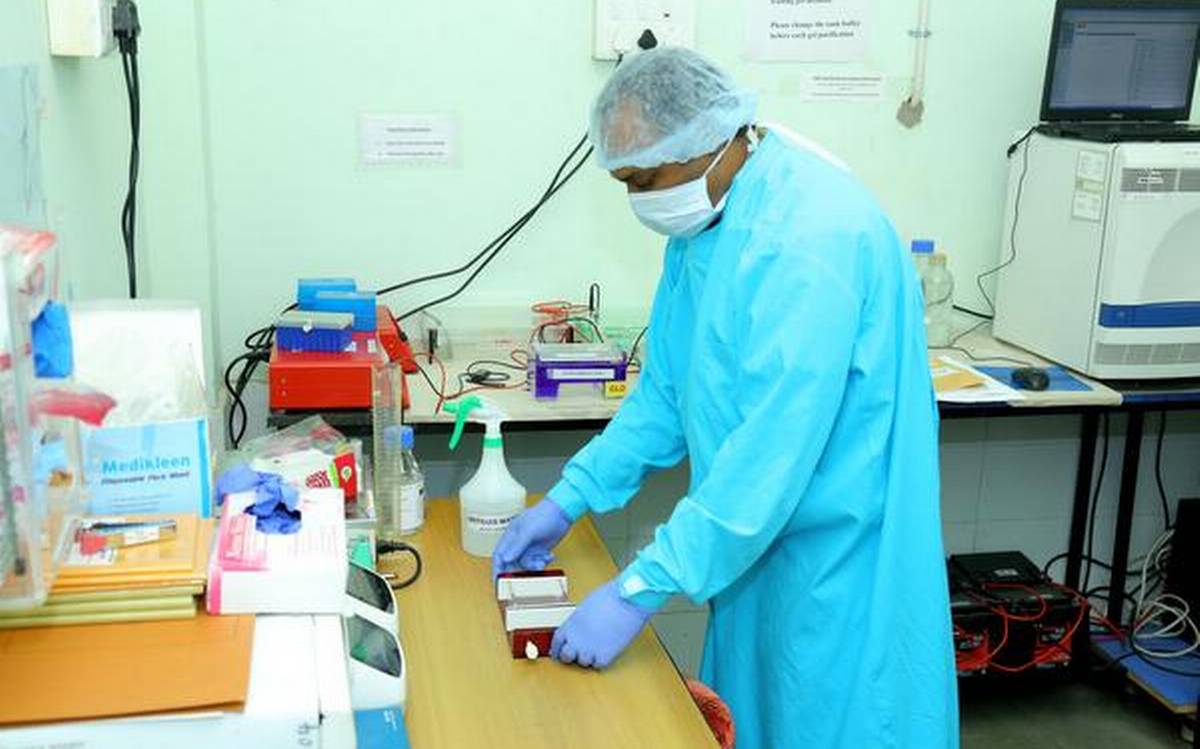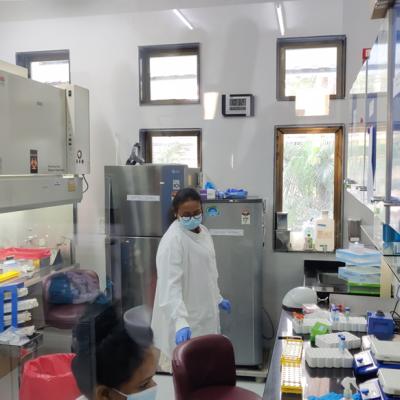ICMR-NIV, Mumbai Unit
As per the recommendations of the Executive Council of the Indian Council of Medical Research (ICMR), the Enterovirus Research Centre (ERC) has been merged with the ICMR-National Institute of Virology (NIV) Pune, with effect from November 1, 2017. The ERC has been renamed as the ICMR-NIV Mumbai Unit (ICMR-NIVMU).
Situated at Mumbai in Maharashtra the ICMR-NIVMU conducts research on diseases caused by Enteroviruses, especially paralytic poliomyelitis, acute flaccid paralysis, aseptic meningitis/ encephalitis, measles-rubella surveillance, acute gastroenteritis caused by enteric viruses such as Rotavirus, Norovirus, Enteroviruses, SARS-CoV-2 immune response, diagnostics and environmental surveillance.
ICMR-NIVMU is a part of the WHO network of 146 polio laboratories worldwide. Based on its contribution to the Polio Eradication Programme, it is also recognised by WHO as Global Specialized Laboratory for Polio (GSL) – the only laboratory, among the seven laboratories so recognized, outside the developed world.ICMR-NIVMU has been also recognised and accredited by WHO as network laboratory as well as reference laboratory for sequencing for Measles and Rubella surveillance.



